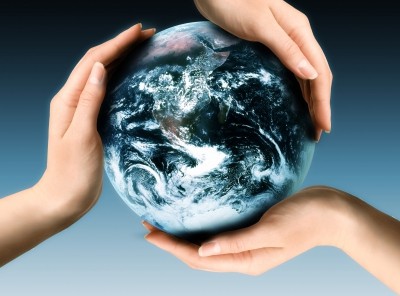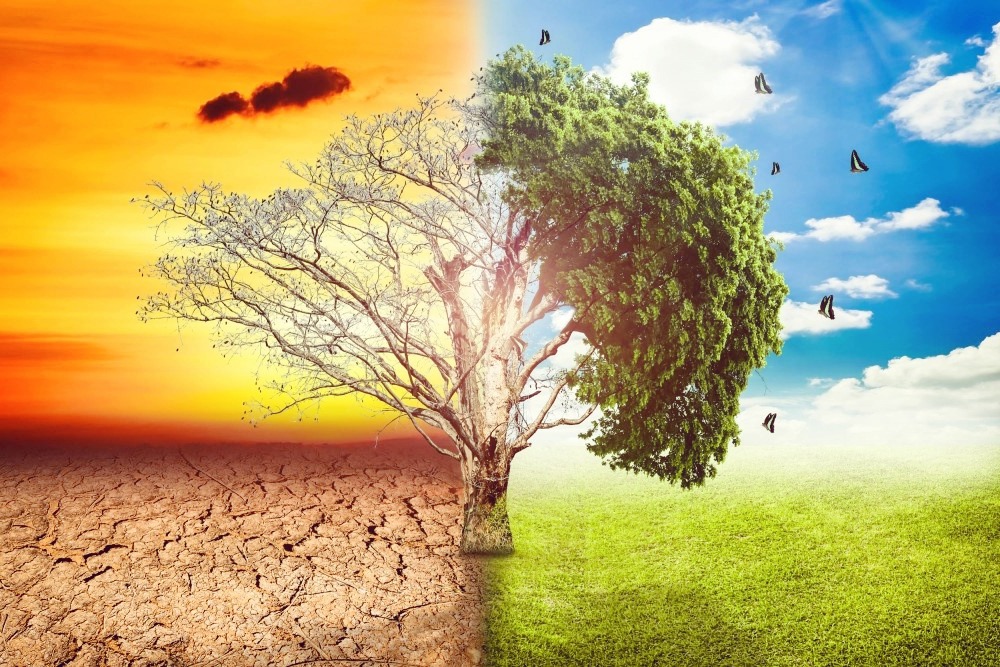Climate change is a global phenomenon that will affect everyone. However, the consequences will obviously be greater in countries that are already the poorest and most vulnerable. Rising temperatures will cause serious damage to ecosystems, limiting the ability of people to access quality water and food in abundance.
In some cases, we must also add the loss of important territories due to rising sea levels, thus necessitating the relocation of displaced populations.
In the case of Bangladesh, for example, it is estimated that the number of people to be relocated could amount to tens of millions, which will increase health problems exponentially. The financial costs involved will inevitably be enormous and the poorest countries will obviously not have the means to respond effectively to these situations, making them a little more vulnerable every day.

It would be wrong to believe that this kind of situation will only occur in the poorest countries and that we are completely immune to the impacts experienced elsewhere on the planet. The developed countries will also have to deal with this kind of situation and, although they have much greater means at their disposal, it is once again the poorest and most vulnerable members of the population who will pay the highest price.
Unless…
Unless there is an international solidarity movement that considers the importance and the need to help the poorest countries prepare their action plans to limit and reduce their GHG emissions and develop their adaptation plans.
But for this to happen, the richest countries must commit to transferring resources to finance the transition to low-carbon technologies and meet their commitments. This is why the Climate Investment Fund was set up in 2008.

With a budget of 6 billion dollars, the Fund has made it possible since 2009 to help countries such as Bangladesh, Bolivia, Cambodia and Niger to take action against global warming. Unfortunately, this is still too little compared to the extent of the problem.
The United Nations is proposing that rich countries pay $50 billion to $75 billion a year to poor countries to help them cope with climate change and that these amounts be massively increased thereafter. But once the cameras are turned off, the microphones removed, the commitments are rarely honoured.
According to an investigation by the British newspaper The Guardian, rich countries have promised $18 billions over the last seven years but have in fact only paid out 5% of this amount.
No matter how hard the struggle, no matter how unlikely the success, we cannot afford to surrender – .


